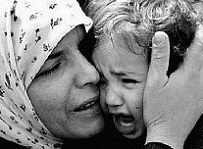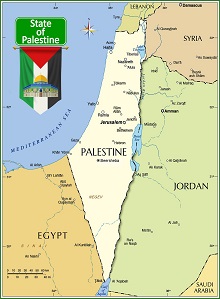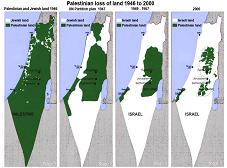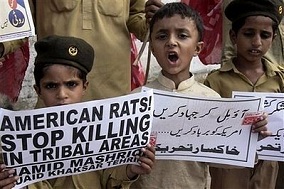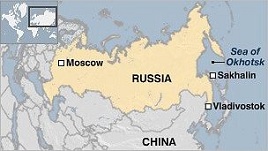 WIKILEAKS: Israel has 100 bunkerbusters
WIKILEAKS: Israel has 100 bunkerbusters
In the autumn of 2009, American and Israeli leaders agreed that they should keep secret the delivery of bombs that can destroy Iranian nuclear facilities.
In November 2009, a high-level group of Americans and Israelis met in Tel Aviv. On the agenda was the political and military situation in the Middle East. Concern about Iran's nuclear program dominated both the American and Israeli delegation, according to a document that Aftenposten has accessed via Wikileaks.
The document states that the Israeli government considers 2010 a critical year, provided that the Iranians continued to increase the defense of the nuclear facilities. -Both sides then discussed the upcoming delivery of GBU-28 "bunker-busters" to Israel. A point was made that deliveries should take place in secret so that allegations that the U.S. government was helping Israel to prepare for an attack on Iran, "could be avoided, according to the document.
GBU-28 is a powerful bomb that was developed before the Iraq war in 1991. At that time, the Americans wanted to have a bomb that could penetrate Iraqi command centers that were subsurface or and / or protected by reinforced concrete. The bomb weighs 5,000 pounds, which is approximately 2260 kg, and is laser guided. From the discussion in the leaked document from the U.S. Embassy in Tel Aviv, it seems that the Israelis have obtained the bombs, by all accounts 100 units, with the purpose of destroying the Iranian nuclear program, if it should be considered necessary.
Apart from this section of one of the leaked Wikileaks documents, the Americans and Israelis expressed surprisingly little acute anxiety for the Iranian nuclear program. However, The Israelis again and again make the point that an Iranian nuclear bomb would be disastrous for peace efforts in the Middle East. In autumn 2009, it is nevertheless clear that both Israelis that Americans believe that they still have time before an Iranian nuclear bomb is a fact. The Israelis therefore want Americans to continue their efforts to deter the Iranians through sanctions. Getting Russia and China on board is considered imperative.
Newsvine: At last: The Tel Aviv WikiLeaks Cables

